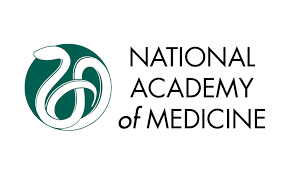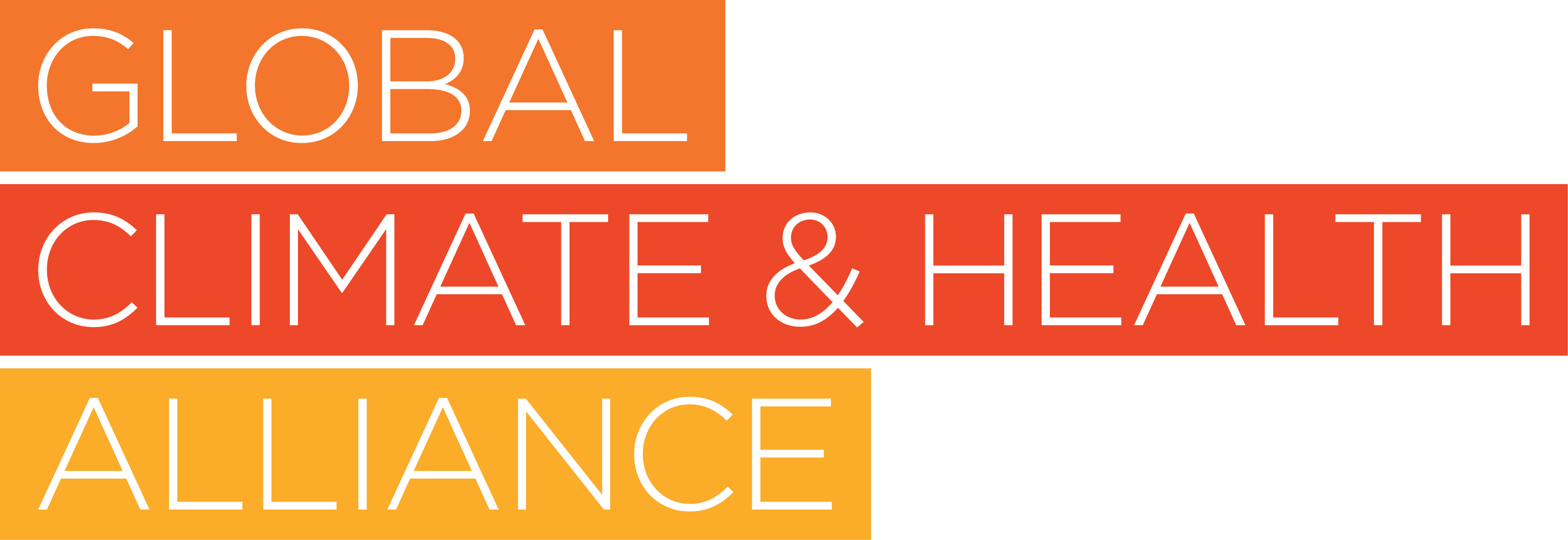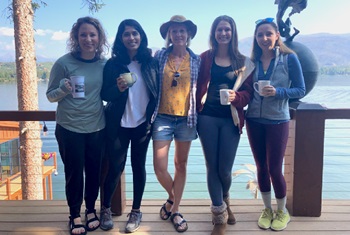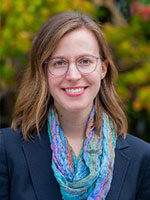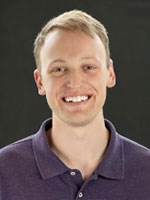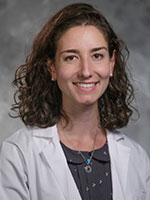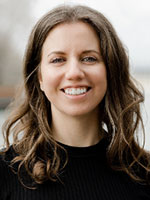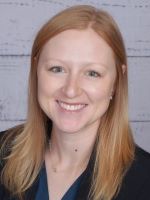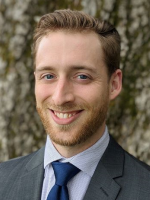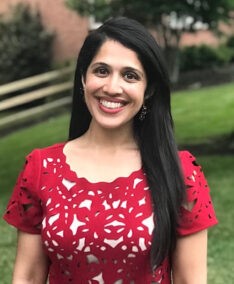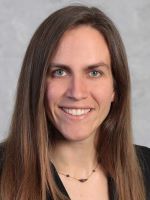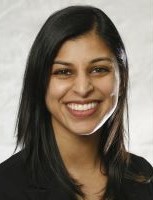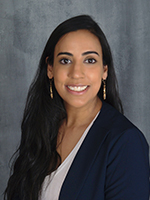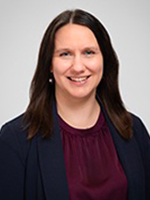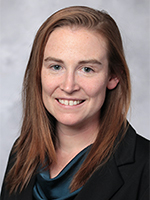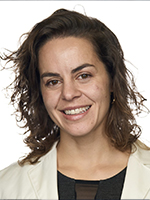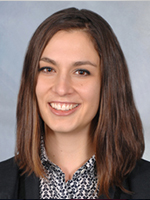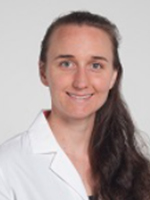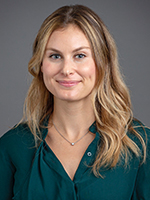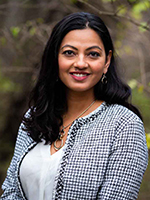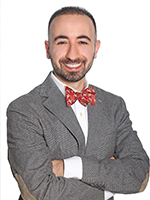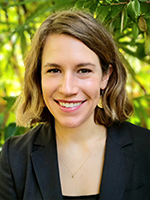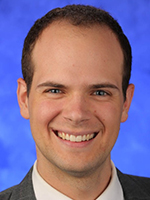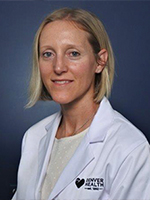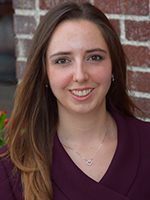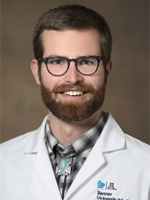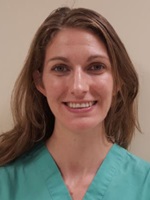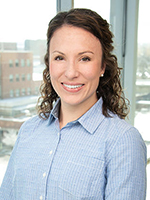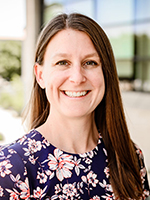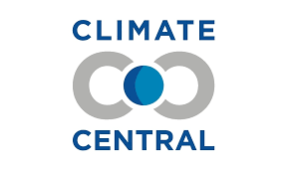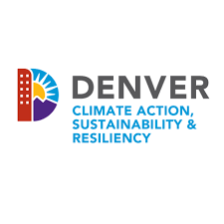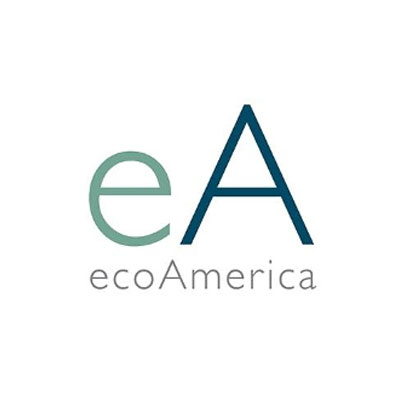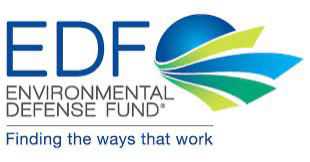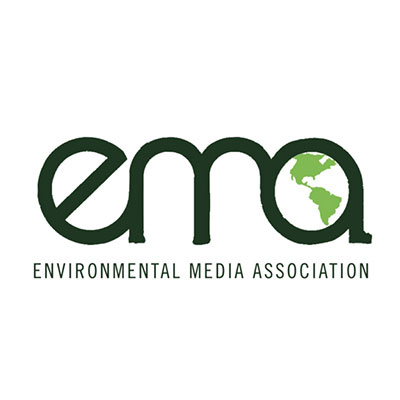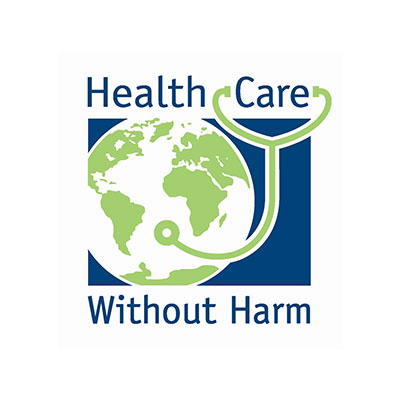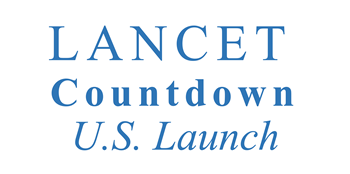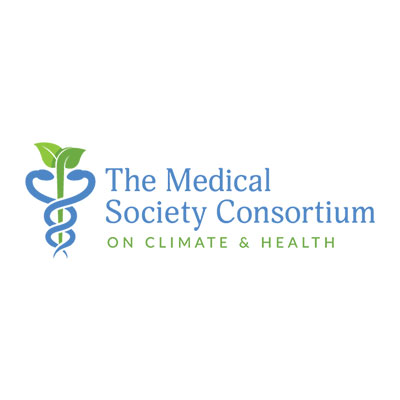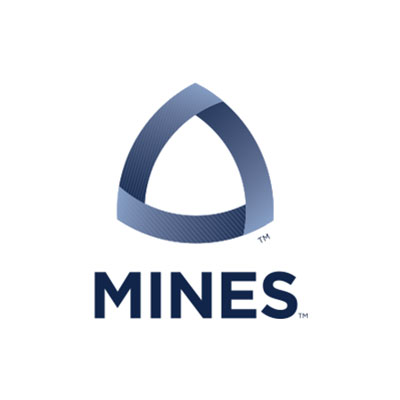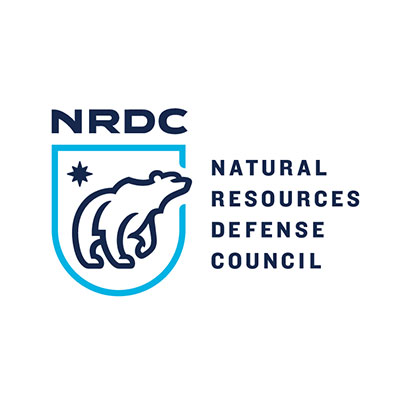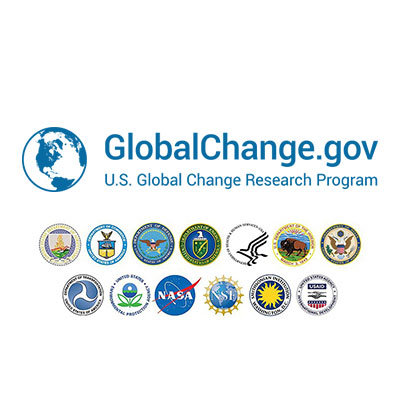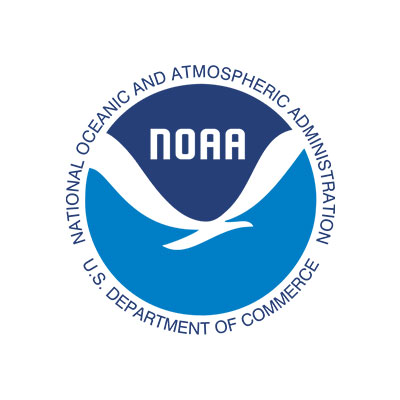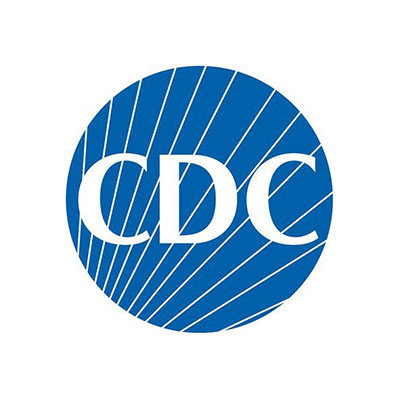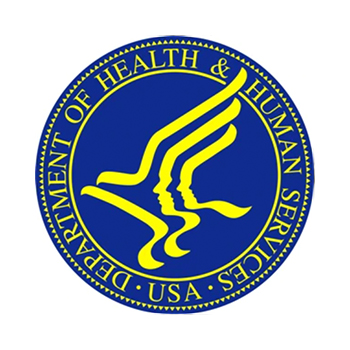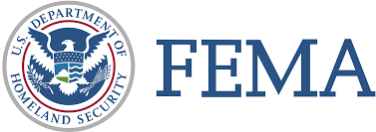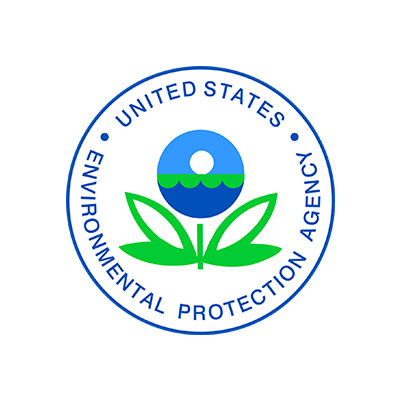Climate & Health Science Policy Fellowship
In 2017, we inaugurated the nation’s first graduate medical education (GME) fellowship in Climate & Health Science Policy with the purpose of empowering health care professionals through education, policy, and communication skills. Our goal: to train highly credible, knowledgeable health leaders in clinical, basic science, and policy settings.
We have now scaled up and support FIVE physician fellows per year, from numerous medical specialties. The hallmark of our program is robust policy preceptorships and numerous non-profits engaged in climate and health. Fellows meet weekly for faculty didactics, and numerous times per year at fellowship events and at national and international conferences. Fellows support their own clinical work, and reside remotely.
Our graduates have gone on to be some of the nation's foremost leaders in climate and health work in education, research, health care system sustainability and decarbonization, city, state and federal government policy, and as multimedia thought leaders.
Our fellowship program is made possible through the generous support of the University of Colorado School of Medicine.
We are proud to support five Climate & Health Science Policy Fellows per year-- all health care professionals with varied board certifications and working clinically in different parts of the country.
Our program serves as a powerful demonstration of the expanded role for physician advocates in a time when public concerns and impacts about health and climate are growing, and the federal response is now ramping up to meet these needs.
We can't think of a better endeavor for our creative energies, educational passion, and professional work. Our team believes the impact of training leaders in the field of climate and health will force-multiply our national risk assessment and influence policy change for years to come. It is our hope that the University of Colorado School of Medicine will be the center of Climate Medicine and that our fellowship graduates will become the formidable innovators and leaders we need on this critical issue for humanity.
Application Details:
Qualifications
- Competitive applicants are excellent clinicians and have demonstrated interest in working at the nexus of climate change and health.
- Competitive applicants have strong leadership aptitude with a clear desire and vision for working as change agents in planetary health.
- Excellent communication skills (writing and oral presentation) are highly desired.
- Currently, we are only able to support board-eligible or board-certified physician fellows, working in the United States.
Expectations
- Fellows typically dedicate 50% of their work week towards fellowship activities.
- While the fellowship is remote, most fellows travel at least 6-10 times per year for academic and leadership opportunities.
- Fellows are expected to participate in any Diploma in Climate Medicine certificates running during their fellowship term.
Deadline:
- Prior to submitting an application, we encourage candidates to schedule a meet & greet with our faculty to assess best fit for fellowship versus diploma.
- Applications will open on July 1st and close on September 30 at midnight (MT), for fellowships commencing the following summer.
- Applications will not be reviewed for consideration of an interview until all required materials (including LORs) are received.
- Interviews will be held remotely on a rolling basis from August 31 to September 30, 2025 and all decisions will be made by November 1, 2025.
- Fellows will be accepted on a rolling basis.
Fellowship Term:
- July 1st – June 30th.
Submission Process:
Application packets should be emailed to [email protected], and include:
Cover letter
CV
2-4 letters of recommendation (may be emailed separately)
Writing samples and links to oral presentations (optional)
Who is eligible for the fellowship?
- The fellowship is open to any ABMS certified/eligible physician practicing in the United States. To date we have had pediatric, internal medicine, emergency medicine, family medicine, neurosurgery, neurology and palliative care fellows. We welcome all practicing physicians from any discipline.
- Fellows will be credentialed through the University of Colorado School of Medicine as Visiting Scholars. Fellows will have CU emails and access to the CU Anschutz Medical Campus and Strauss Health Science Library.
- We are currently unable to support international applicants.
- We are currently unable to support non-physician fellows.
Who are your partners?
- Our fellows have worked with numerous governmental and non-governmental organizations in the past (such as Health Care Without Harm, Environmental Defense Fund, Denver's Office of Climate Action). Fellows will be 'matched' with 1-2 organizations
based on opportunity, interest, and best fit.
- Fellows are expected to work with at least 1 partner organization per year on longitudinal projects and deliverables.
What are the details of the fellowship?
- Fellowships are 12 months long, and initiate on the academic calendar (July 1).
- Fellows are expected to spend roughly 20 hours per week in preceptor meetings, partner projects, didactics, and individual fellowship projects. Hours are expected to flex up/down (i.e. launch of critical project on deadline, etc).
- Meeting two hours per week on:
- Didactics with core faculty and guest presenters.
- Presentations.
- Workshops (op-ed, special topics, etc).
- Core Competencies
- Competency #1: Fundamentals of climate and health – Fellows will gain an understanding of the complex relationships between climate change and health.
- Competency #2: Climate change and public health – Fellows will demonstrate competence in assessing population-based climate hazards and analyzing public health interventions.
- Competency #3: Climate change and clinical practice – Fellows will understand the clinical and health care system impacts of climate change and demonstrate competence with the recognition and management of patient and health care system vulnerabilities.
- Competency #4: Policy aspects of climate change and health – Fellows will demonstrate familiarity with international and domestic policies relevant to climate change and health.
- Competency #5: Communication and Leadership – Fellows will demonstrate competence in effective climate and health communication among different audiences and gain insight into how to effectively lead health programmatic development within the academic, public and private sectors
Where will the fellowship take place?
- Weekly fellowship meetings and didactics will be conducted remotely, without geographic restrictions.
- Preceptorships with climate-focused organizations will likewise be conducted remotely, with minimal in-person presence required (i.e. on case-to-case basis, for certain key meetings, etc).
Clinical work and fellowship stipends
- Fellows are expected to work half-time in a clinical location and place of their choosing to allow time for fellowship activities. For example, Fellows have lived in Chicago, Denver, Pittsburgh, San Diego, Seattle and Washington, D.C.
- Fellows will have access to a sizable stipend to support their travel and registration to gatherings/ conferences per year. Specifics will be discussed at the time of interview.
What other details should I be aware of?
- Fellows
will be provided with a core textbook and other required learning material
Fellowship or Diploma?
- The
Climate & Health Science and Policy Fellowship offers an intensive experience, with numerous longitudinal professional and mentorship opportunities. Non-profit preceptorships offer on-the-job-training
for a deep dive on how health and environmental policy is implemented, and robust 12-month networking experiences. With weekly didactics and roughly one day per week working with preceptors. It is roughly equivalent to a half-time job. The
fellowship is geared for individuals who have already demonstrated a clear interest and some experience working at the nexus of climate change and health, and are now looking to become leaders in this space.
- The Diploma is a high-end professional development course for working clinicians. A heavyweight credential (300 hours divided into 5 one-week courses) created for those with a strong desire to become climate and health
experts, but nevertheless have busy clinical practices and are looking for a flexible learning experience. It is designed to be a visceral learning experience, with engaging didactics, interactive case studies, and hands-on experiences. Diplomats
have a wide range of prior experience working on climate change and health issues, from novices to experts in healthcare sustainability, now looking to broaden their scope in a more flexible way.
- Fellows will be automatically enrolled in Diploma Certificates held during their fellowship year with no additional registration fees incurred
Leadership:
- Director of the Columbia University Global Consortium on Climate & Health Education.
- Chair of the Climate & Health Group, Society for Academic Emergency Medicine.
- Leader of the University of Colorado Consortium for Climate Change & Human Health’s Team.
- Speaking engagements at multiple COP conferences with leading climate policy makers.
- Have been invaluable advisors to political campaigns at the state level (Post Fellowship)
- Leaders in health care system resiliency and decarbonization.
- Co-Chair panels at the National Academy of Medicine regarding climate exchange and health
- Have authored and presented policy briefs for State Medical Societies
- Director of the Columbia University Global Consortium on Climate & Health Education.
- Chair of the Climate & Health Group, Society for Academic Emergency Medicine.
- Leader of the University of Colorado Consortium for Climate Change & Human Health’s Team.
Media & Speaking:
- Interview on National Public Radio.
- Speaking engagements at numerous national and international conferences, including ACEP, AGU, AMS, SAEM, and CleanMed.
- Fellows presenting "Climate Medicine" series with the Environmental Media Association.
Research & Publications:
- Co-author of landmark public health research study in Puerto Rico: Mortality in Puerto Rico After Hurricane Maria (New England Journal of Medicine, 2018).
- Co-author on paper quantifying ICU admissions with dust storms in the United States in partnership with EPA staff.
- Co-author on defining the link between women’s health and climate change.
- Lead author studying climate variability correlated with Zika in post-earthquake Ecuador.
- Co-editor on a major climate health textbook for health providers and policymakers titled Global Climate Change & Human Health: From Science to Practice.
- Co-creator on core content webinar for the Pan-American Health Organization.
- Technical contributor to 2019 Lancet Countdown on Health and Climate Change, Policy Brief for the United States.
- Technical contributor for 4th National Climate Assessment, U.S. Global Change Research Program.
- Led review and pathway development to address adaptation in emergency departments to rapidly recognize and treat patients from extreme heat event.
- Led research project with Colorado School of Public Health on chronic kidney disease of unknown origin in Guatemalan field workers.
- Launched medical supply chain waste program with the ED Clinical Operations Pharmacy teams to improve processes to recognize and reduce waste in health care at UCHealth.
- Field work in Syrian refugee camp.
2025-2026 Fellows:
Sarah Schear, MD, MS |
Ben Showalter, MD |
Leah Topper, MD |
Anne Halsey, DO, MSc, DipABLM |
Luba Nisenbaum, DO |
2024-2025 Fellows:
Clare Burchenal, MD, MPH |
Logan Harper, MD |
Christine James, MD, MSC |
Julia Schoen, MD |
Bella Shah, MD, FAWM |
2023-2024 Fellows:
Nisha Shah, MD |
Anne Getzin, MD |
Alexandra Perkins, MD |
Tara Benesch, MD |
Gayle Kouklis, MD |
2022-2023 Fellows:
Rebecca Achey, MD |
Elizabeth Auld, MD |
Sheetal Khedkar Rao, MD |
Ali Saad, MD |
Katharine Weber, MD |
2021-2022 Fellows:
Eric Balaban, MD |
Bhargavi Chekuri, MD |
Beth Gillespie, MD |
Emily Sbiroli, MD |
Stefan Wheat, MD |
Past Fellows:
|
|
|
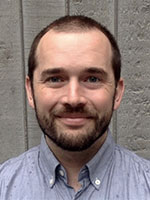 Caleb Dresser, MD |
Active Previous Partners
